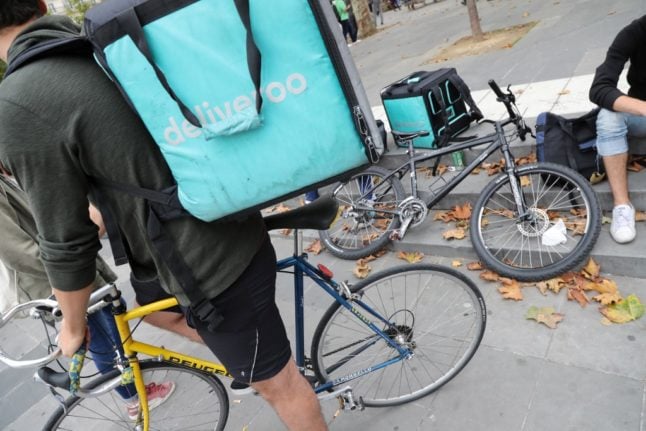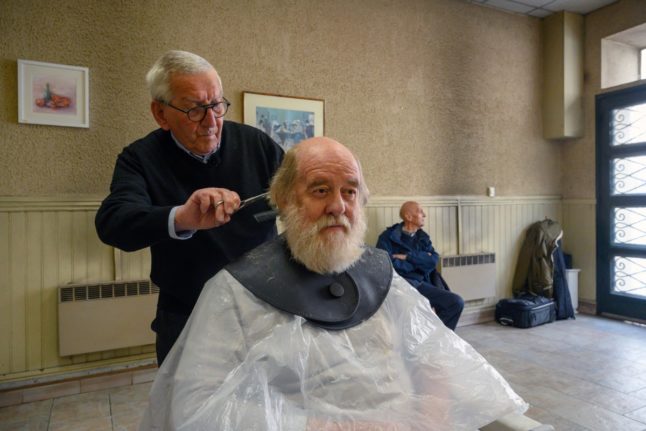Multi-national platforms such as Uber and Deliveroo based their business modelling on saying that all their staff were ‘self-employed’ workers, however a series of court cases in France concluded that the staff are actually employees – making them entitled to benefits such as sick pay, holiday pay and union representation.
Polls will be held on Tuesday among 84,000 delivery drivers (for platforms such as Deliveroo) and 39,000 VTC drivers (for platforms like Uber) to pick their staff representation.
Among the names on the ballot are some of France’s biggest unions such as FO, CGT and Unsa, but also smaller employee representative groups such as the national federations for freelancers and small businesses.
Once the staff have picked the groups that will represent them, negotiations between unions and employers will begin over issues such as minimum pay, working conditions, rest periods and the right to ‘disconnect’.
It is expected that the talks will begin in September.
Any employees that are elected as official delegates for a union or other organisation with more than five percent of the ballots cast are protected by French law – they cannot be sacked or disciplined for their union activities and they must also be compensated for time spent on union activities.
Anyone who is an employee in France is covered by basic legal rights that protect things like the right to paid holiday, paid sick leave, maternity or paternity leave and medical cover.
However around 90 percent of workers are also covered by a convention collective – which are agreements worked out over the years between unions/staff representatives and bosses to give extra rights or perks.
Sometimes these agreements cover only one company and sometimes they cover an entire sector, such as journalists or healthcare workers.
READ ALSO The perks and benefits that French employees enjoy
Conventions collectives vary according to the sector and workplace but they can include things like extra maternity or paternity leave days, tax breaks, extra allowances for travel or meals or an agreement that the employer will pay 100 percent of the employee’s mutuelle health cover (as opposed to the 50 percent mandated in law).
If you are covered by a convention collective, it will be listed on your payslip. You can then look up the agreement online and see what you might be entitled to.
READ ALSO How to understand your French payslip



 Please whitelist us to continue reading.
Please whitelist us to continue reading.
Member comments